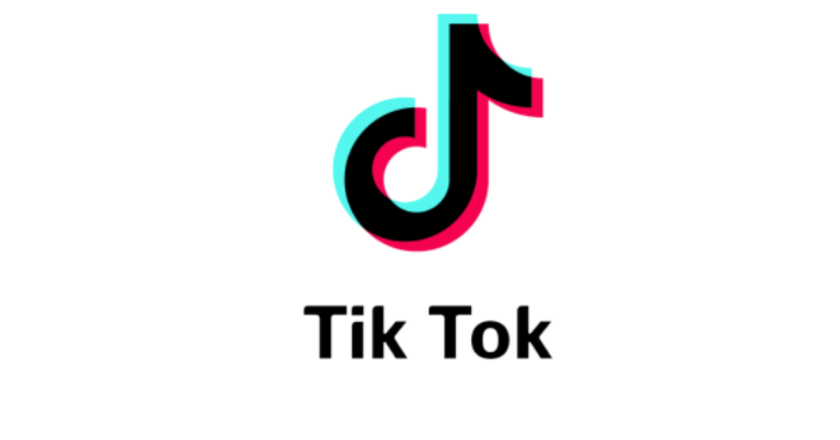Is TikTok leaving for good? What’s going on with Walmart? And why is my “For You “page filled with videos of creators saying thank you and asking me to follow their Instagram? Over the past few months, there has been lots of confusion and speculation involving the possible ban of TikTok, the popular video-making app.
With over one hundred million American users (and eight hundred million worldwide), TikTok’s growth skyrocketed this past year; talk of a potential ban, however, has been circulating over the summer. The ongoing trade war with China has caused the Trump administration to target a number of Chinese-based technology and software companies – ranging from messaging services like WeChat to teen sensations like TikTok. This ban could affect a wide variety of people, ranging from those who use TikTok as a content platform to those who work at the company.
On August 6th, President Trump signed an executive order to ban TikTok within 45 days due to security concerns, leaving the app’s existence in the US at risk. The app is owned by ByteDance, a Chinese company that merged Musical.ly with TikTok in 2017. The US’s main concern regards the possibility that the Chinese Communist Party will use the app to collect data from Americans and use censorship to block anything that the party dislikes. Although collecting user data is not new, the issue arises in the fact that TikTok is not owned by the US like Google and Apple. However, the administration has yet to provide concrete evidence that TikTok could pose a real threat. Trump has said that the only deal he is willing to accept in order to save TikTok would be one where its parent company, ByteDance, has absolutely no control over the app any longer—a deal ByteDance is unwilling to accept at the moment.
The initial ban was set to go into effect at midnight on Sunday, September 27th; however, the administration signed off on a deal recently, which would nullify the ban by allowing the American software company Oracle, as well as Walmart, a one-fifth ownership stake in TikTok. But following the announcement, the companies involved released contradictory statements about the fine print—leading to further speculation about what’s going to happen to TikTok. What we do know is that the current deadline for a US company to buy TikTok is November 12th.
TikTok is already seeing the effects of what such a ban would do to the company. Hiring has become more difficult, as potential candidates are unwilling to work at a government-targeted company. They will deal with disastrous economic loss this weekend if the federal court judge does not prevent the ban. Additionally, this August alone, they’ve already lost $10 million in revenue due to advertisement cancellations. The company’s reps have said that even a temporary ban would affect TikTok so drastically that it would never recover. A two-month ban would render half of its users inactive, and a six-month ban would mean 90% of the platform’s creators would leave. As such, TikTok could potentially be forced to file for bankruptcy, and its employees would see a drastic loss of income.
When talking to GA students, many had negative reactions to the ban. Since TikTok has a wide variety of videos, lots of students turn to the app to make them laugh or get random advice. It is not a surprise that lots of GA students enjoy using the popular app, so the possible ban doesn’t sound appealing. In addition, with unemployment rates rising daily, the loss of a multimillion dollar company such as TikTok would escalate our current economic recession.
Although the fate of TikTok is still unclear at the moment, the app continues to grow in popularity, and both creators and users will certainly continue to enjoy the app until further notice.

